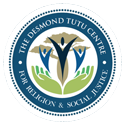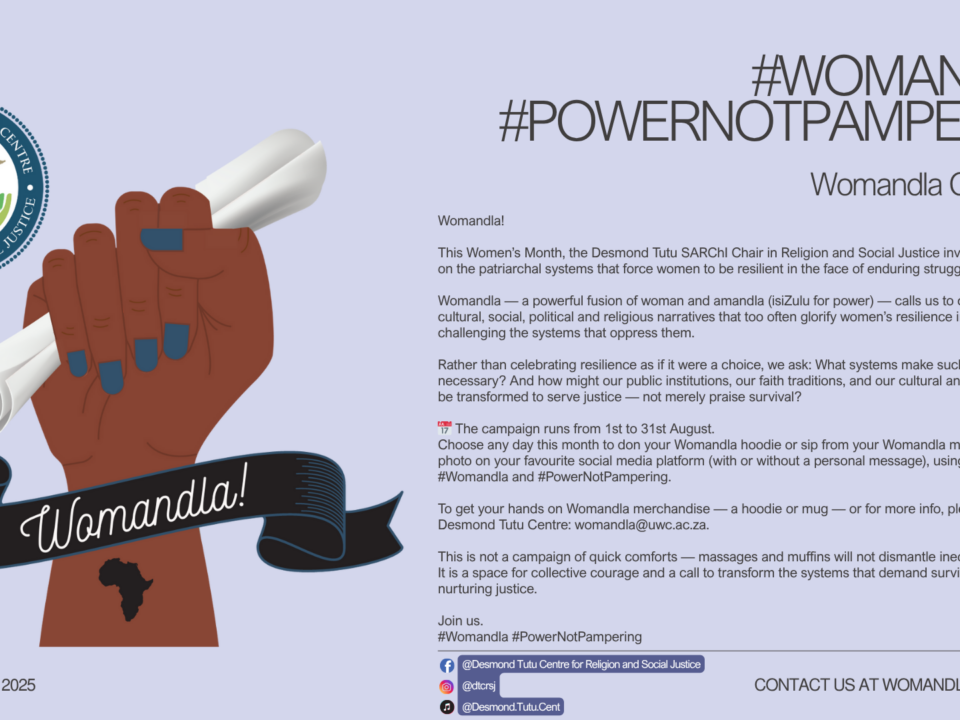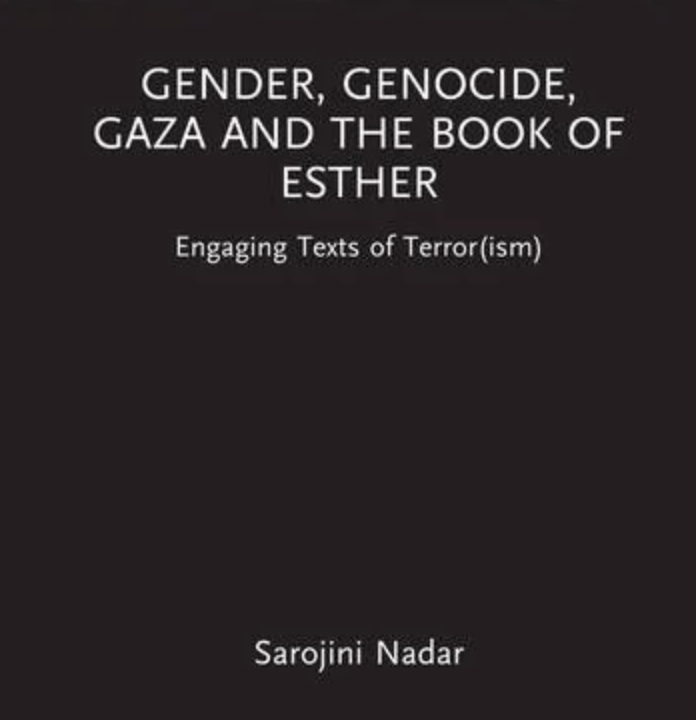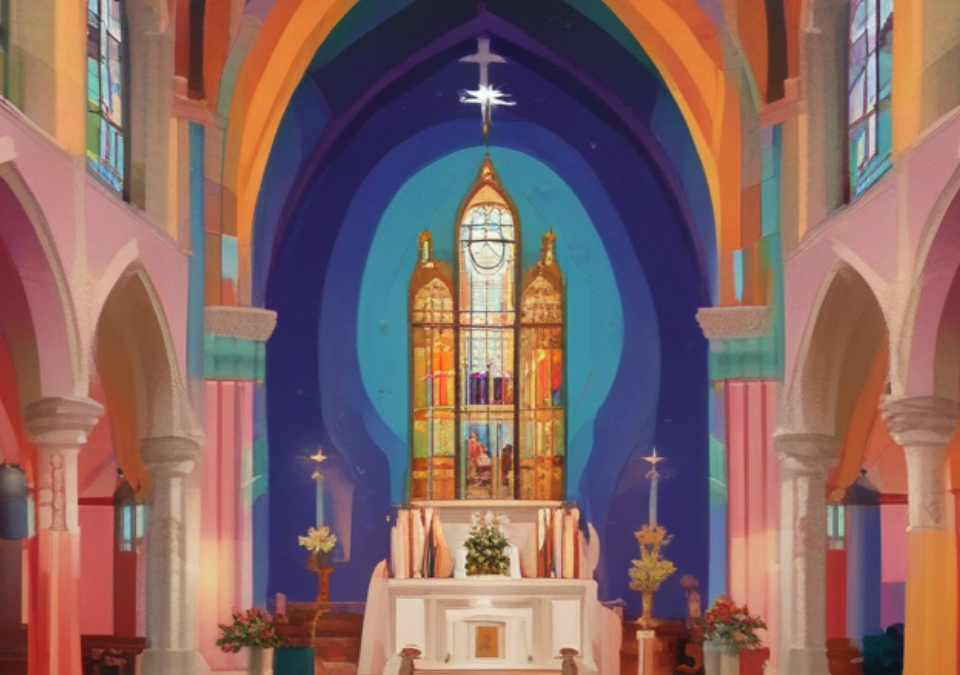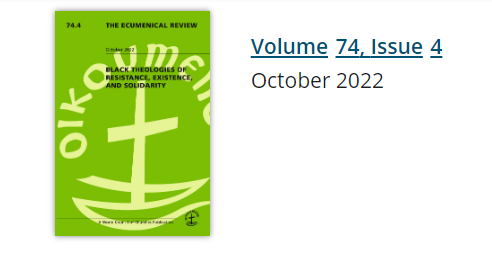
Queer Kairos
01/10/2024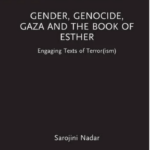
Gender, Genocide, Gaza and the Book of Esther: Engaging Texts of Terror(ism) by Sarojini Nadar
19/05/2025This year marks the 40th anniversary of the publishing of the first edition of the South African Kairos Document – a key part of the South African church’s liberation history. This document was produced in a time of severe repression against black South Africans carried out by an apartheid government seeking to hold onto power by any means necessary, and it provided a decisive challenge to a church that was seen to be failing on various levels in its response to this context of repression and injustice.
The writers of the SA Kairos Document sensed that the moment in and to which they wrote was a ‘Kairos moment’[1]. To them, this simultaneously meant a moment of crisis, and a “moment of grace and opportunity, (a) favourable time in which God issues a challenge to decisive action”. They saw it as a moment upon which much rested; a crucial moment that had to be grasped, the ignoring of which would have significant consequences. Although he does not use the term, the following excerpt from a piece written by South African black theologian Takatso Mofokeng in 1987, deepens this idea of a Kairos moment:
It is at times like these when political pillars are being shaken by the burning anger of oppressed black people who have had enough of oppression, that new theological questions arise. It is at times like these when the once large economic rivers are visibly drying, when the ideological cement that is pumped into the ears of people through the media loses its power to hold the structure of apartheid together, that the black Christians have to think anew and redirect their faith. It is when the hitherto unshakeable firm theological foundations are clearly unable to support the once mighty white ecclesial empire, that black Christians are freed to search scriptures anew for a message of support.[2]
Similarly to the context about which Mofokeng writes, we too find ourselves in a Kairos moment. In this moment, the global systems of power, which undergird and profit from injustice around the world, and produce both urgent and visible crises, as well as the more endemic ‘debility’[3], are laid bare in all of their ugliness. In this moment, the global church – like that in South Africa in 1985 – has proved once again inadequate in its response to this current context of both overt and covert repression and injustice. And in this moment, anger at global injustice is rising, political pillars are being shaken, the narratives that uphold the status quo are being questioned and found severely wanting, and new theological questions are being asked.
To quote Mofokeng again, “Paradoxically it is at times like these when black life hangs very precariously on the precipice that a liberative theology is a real possibility. Such times of deep cleavages in life and faith are paradoxically times of great theological possibilities…” [4]. We find ourselves in such a time, where certain lives hang “very precariously on the precipice” – whether through the cutting of USAID for organisations supporting LGBTQI individuals, the inhumane prioritising of profit over people in the Congo, the crisis of Gender Based Violence and its parent, Patriarchy, or the continued horrifying attempts to materialise the violent narrative of a ‘land without people for a people without a land’ through genocide and ethnic cleansing in Palestine. Thus, it is essential that we do not miss the “great theological possibilities” that are also present in this time, such that we can create a future where all lives are correctly recognised and treated as sacred.
In order to nurture the liberative theological possibilities latent in this time, we are planning a Kairos 40th Anniversary gathering in Cape Town from the 25th to the 27th of September. This gathering will facilitate and engage in deep social analysis and theological reflection orientated within the Kairos tradition. This will begin with reflection on the South African context and the past 40 years since the Kairos document’s publishing. It will then move to the Palestinian context, with reflection on the Palestinian Kairos document of 2009 and the present Kairos moment in Palestine. The gathering will then explore the global Kairos moment, reflecting on the current moment and the impetus and invitation within this. The third day of the gathering will take the form of a ‘mobile classroom’ or pilgrimage through the city of Cape Town, where participants will explore the gathering’s themes in an embodied way in relation to Cape Town as a site of struggle – historically as well as currently.
The envisioned outcomes of the gathering are:
- To commemorate, reflect on, and mark the 40th anniversary of the South African Kairos Document and recognise its impact locally and globally.
- To stimulate much-needed intergenerational and intersectional conversation between those involved in cross-contextual Kairos Document processes in various ways, and a younger generation of theologians, thinkers, and activists – expanding and building on the Kairos foundations.
- To create space for and nurture transnational conversation in order to deepen our collective understanding of the present Kairos moment in which we find ourselves – and to understand this as a moment which can only be fully grasped through an analysis which goes beyond the confines of any nation state or geographical context.
- To deepen collective social analysis and create space for theological reflection towards increased solidarity with the oppressed as well as critical action against the various forms of injustice in our contexts.
- To nurture and inspire prophetic theological reflection and action within the academy, the church, and civic society in South Africa and beyond.
- To nurture and create space for prophetic creative expression in the Kairos tradition.
- To nurture friendships, relationships, and networks of solidarity for those committed to this work.
Registration details:
Registration fee: ZAR600/USD35
Spaces are limited, so please register and secure your space!
Please register at the following link here.
Registration closes 31 July 2025
Call for Papers
Please see the call for submissions (academic and creative) at the following link here.
___
[1] Kairos Theologians, Challenge to the Church – The Kairos Document: A Theological Comment on the Political Crisis in South Africa (1986), p. 7
[2] Takatso Mofokeng, “A Black Christology: A New Beginning”. The Journal of Black Theology in South Africa, 1 no. 1 (1987), p. 1
[3] Jasbir Puar, The Right to Maim: Debility, Capacity, Disability (Duke University Press, 2017). Debility refers to the broad-based debilitating impacts of the long-term, endemic and structural violence that becomes normalised (for certain groups in particular) through the conditions created by imperial neoliberal racial capitalism.
[4] Mofokeng (1987) – as above
